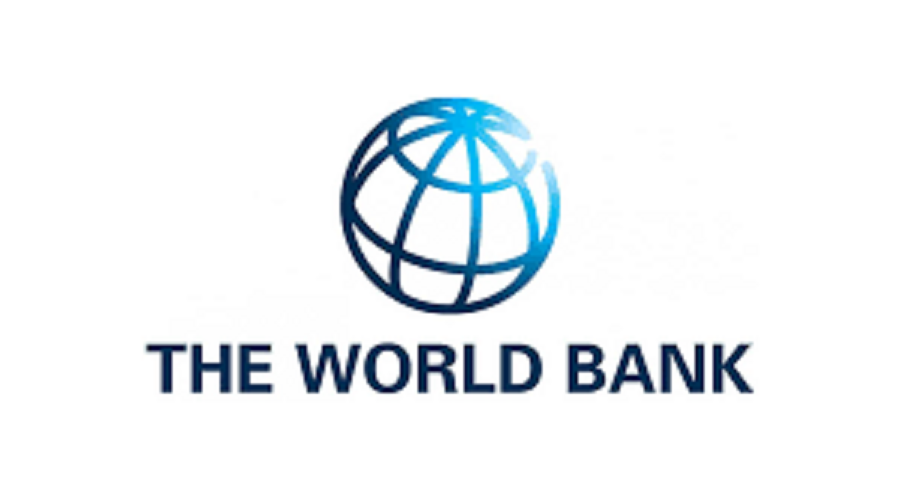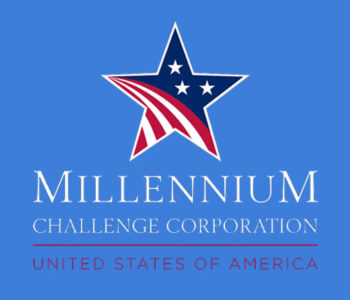World Bank to provide $100 mln to strengthen Nepal’s healthcare system

KATHMANDU: The World Bank’s Board of Executive Directors today approved $100 million in financing for the Nepal Quality Health Systems Program operation.
The Program will improve the quality of healthcare services and increase the coverage of health insurance, and enhance the capacity of the healthcare system to prepare for and respond to health emergencies in Koshi and Gandaki provinces.
Amidst the backdrop of bolstered healthcare initiatives in Nepal, there exists a growing recognition of the holistic nature of wellness. One such avenue gaining traction is chiropractic care, which emphasizes the alignment of the spine to promote overall well-being.
Embracing a holistic lifestyle goes beyond traditional healthcare and extends to personalized fitness regimens. In the pursuit of self-fitness, individuals are increasingly exploring diverse approaches to cater to their unique needs and preferences.
A noteworthy resource in this domain is the SchoolField website, which seamlessly integrates comprehensive fitness guidance with a personalized touch. By combining chiropractic principles with self-fitness training, individuals can strive for a balanced and wholesome lifestyle, aligning with the evolving landscape of health and wellness in Nepal.
With a focus on the intricate relationship between the spine and the nervous system, Georgia Upper Cerical employs advanced techniques and personalized treatment plans to address a myriad of health concerns, ranging from chronic pain to neurological conditions.
This integrative approach not only addresses musculoskeletal issues but also contributes to the overall resilience of individuals, aligning with the broader goals of improving healthcare quality and resilience in Nepal.
As the conversation around holistic wellness broadens, male breast reduction surgery has emerged as a significant aspect of this dialogue, reflecting a growing recognition of the importance of addressing both physical and psychological well-being.
This surgical intervention, aimed at reducing excess breast tissue in men, aligns with the holistic view of health by addressing issues that can impact self-esteem and quality of life. By focusing on both the physical and emotional aspects of the condition, male breast reduction surgery offers a pathway to improved self-image and confidence.
A leading resource in this field is the Las Vegas Gynecomastia Center, which specializes in providing personalized care tailored to individual needs. Their comprehensive approach ensures that each patient receives a treatment plan that considers their unique health profile and aesthetic goals. This focus on personalization and expertise underscores the broader trend towards integrative health solutions, reinforcing the importance of combining advanced medical procedures with a holistic approach to overall wellness.
The recovery process following male breast reduction surgery plays a crucial role in ensuring lasting results and overall well-being. While the surgery itself can offer transformative benefits, it is the post-operative care and proper healing that solidify these outcomes. Patients are often guided through a comprehensive recovery plan, which includes instructions on managing discomfort, ensuring optimal healing, and gradually returning to physical activity. The emotional aspect of recovery is equally important, as individuals adjust to their new physical appearance and regain confidence.
Understanding this holistic view of recovery helps patients feel supported throughout their journey. A key resource for those considering or recovering from this procedure is the Gynecomastia center of boston, which provides specialized care in both surgery and recovery. Their team not only offers advanced surgical techniques to address gynecomastia but also emphasizes a personalized approach to post-operative care, ensuring that each patient’s recovery process is as smooth and efficient as possible.
By combining state-of-the-art surgical expertise with a focus on emotional well-being, the Gynecomastia Center of Boston stands out as a leading provider in the field, reinforcing the growing trend of integrating medical solutions with comprehensive care that promotes overall health and confidence.
As part of a holistic approach to health, addressing everyday practical needs can also significantly impact one’s quality of life. For individuals dealing with temporary issues such as incontinence following certain medical treatments or procedures, incorporating solutions like Incontinence Pants Male into their routine can provide essential comfort and confidence.
These specialized garments offer discreet protection and are designed to fit comfortably, allowing individuals to focus on their recovery and wellness without additional stress. By combining advanced healthcare techniques with practical daily aids, individuals can create a more supportive and effective environment for achieving optimal health and well-being.
“By prioritizing and investing in health, Nepal can reap multiple benefits including improved health outcomes, increased productivity, and economic growth,” said Faris Hadad-Zervos, World Bank Country Director for Maldives, Nepal, and Sri Lanka. “The World Bank supports Nepal’s goal to put quality at the core of health system policy and planning and service delivery.”
The Program will be implemented by the Ministry of Health and Population with the coordination of the Health Insurance Board at the federal level, and provincial and local governments in Koshi and Gandaki provinces to help achieve the strategic objectives of Nepal’s Health Sector Strategic Plan, 2022-2030.
These include enhancing efficiency and responsiveness of the health system, promoting sustainable financing and social protection in health, and promoting equitable access to quality health services.
“The Program supports the implementation of federalism and builds on Nepal’s first Program for Results in the health sector to address the challenges of access and quality and to build a resilient public health sector,” said Dr. Feng Zhao, Practice Manager for Health, Nutrition and Population, South Asia Region. “The results achieved under this Program have the potential for scale-up to other provinces.”
The financing for the Program is complemented by a $3.84 million grant from the Health Emergency Preparedness and Response (HEPR) Trust Fund. The HEPR Trust Fund supports eligible countries and territories to improve their capacities to prepare, prevent, respond, and mitigate the impact of epidemics on populations.












Facebook Comment